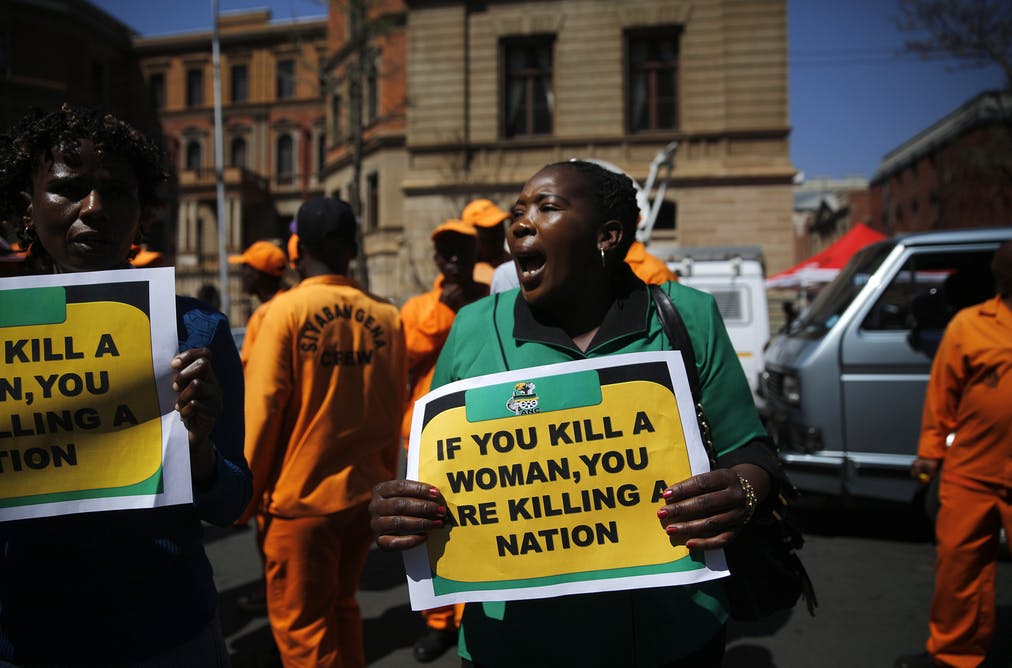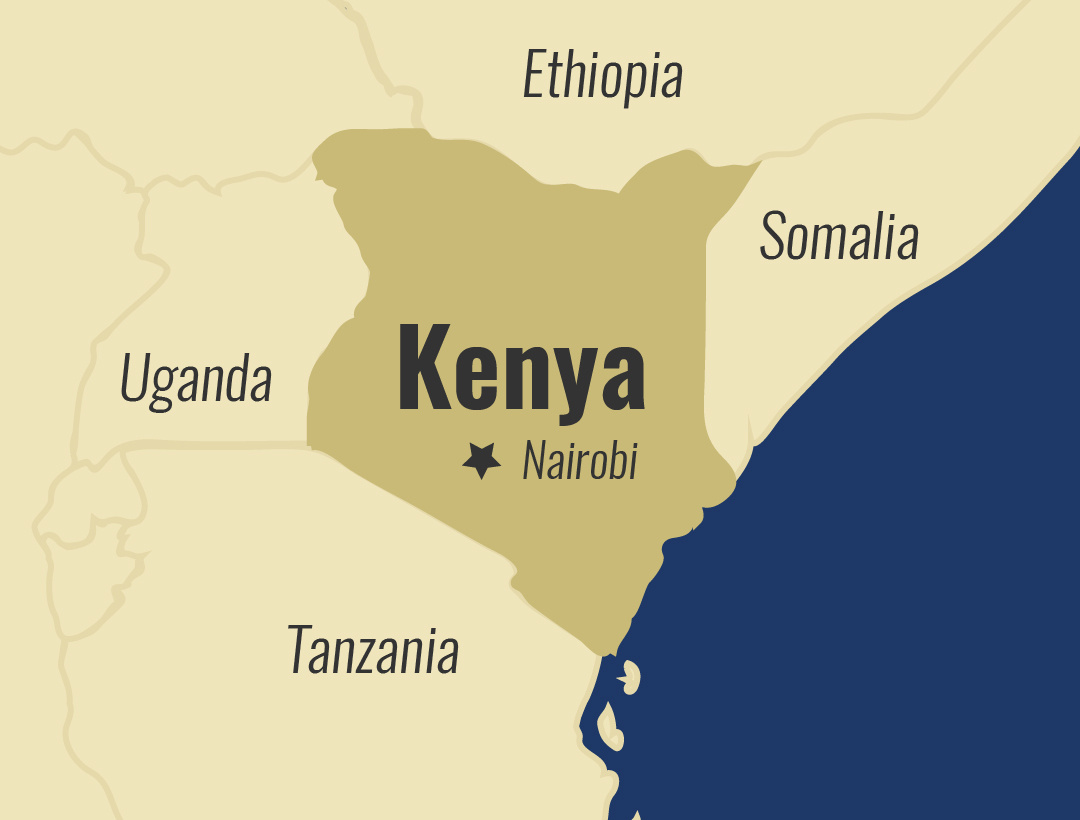
Ramaphosa concerned about increase in femicide in South Africa

South Africa remains a violent society in many ways, where murder, assault, rape and other contact crimes still widespread, President Cyril Ramaphosa said on Tuesday.
“We are particularly concerned at the apparent increase in instances of femicide, where women have been killed by their partners,” Ramaphosa told MPs during a Q&A session in Parliament.
The alarming levels of violence against women and the abuse of children are a damning indictment on the South African society, he said.

reportedly shot dead by her 23 year old boyfriend(FACEBOOK)
South Africa has been gripped by a spate of gender-based violence. In the most recent case, Zolile Khumalo, a 21-year-old student at the Mangosuthu University of Technology (MUT) in Durban, was shot dead on campus in full view of her roommate last week following what police described as a domestic quarrel.
South Africa is among countries that have the highest rate of gender-based violence. In the country, a woman is killed by an intimate partner every eight hours, according to the South African Medical Research Council.
People too often resort to violence to settle differences or to express discontent, Ramaphosa said.
“There is a responsibility on all of us, particularly men, to ensure that such crimes do not occur,” said Ramaphosa.
He said poverty, homelessness and hunger continues to afflict millions of South Africans.
Despite the social and economic progress South Africa has made, severe inequality continues to divide the society, by race, gender and geography, said the president.
“If we are to heal these wounds, we need, firstly, to acknowledge them,” he stressed.
Reducing inequality and ending poverty must be at the center of all efforts, Ramaphosa said.
This requires a growing, inclusive economy, the creation of jobs for all people, the provision of quality education and the development of skills, he said.
It requires the government support to the poor through a comprehensive social security system, affordable health care and the provision of housing and land, said Ramaphosa.
It is only by ensuring that everyone has the opportunity to acquire useful skills, to find decent employment, to earn a living wage, to have a house and to feel safe, that South Africans will be able to effectively heal the wounds of the past, Ramaphosa said.
“At the same time, we need to build families, communities and workplaces that are cohesive, stable and peaceful,” he said.




